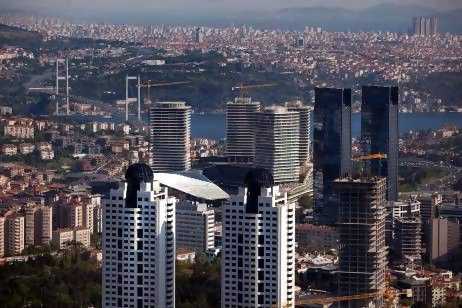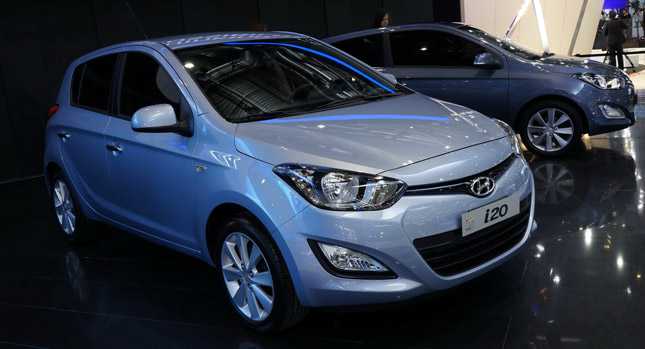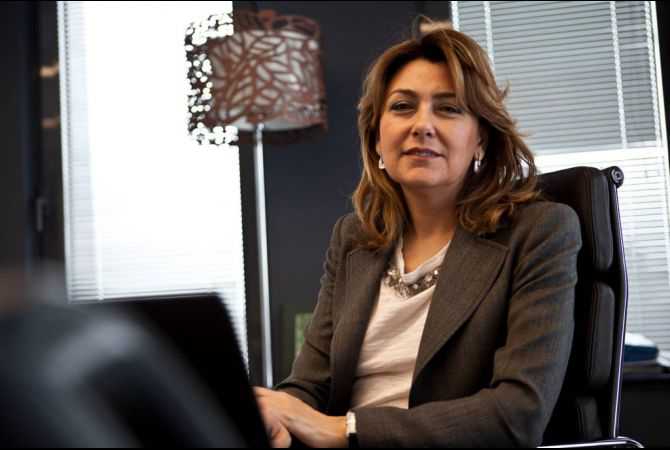Preparing for the Worst, Turkish Navy Awards Contract for Submarine Rescue Mother Ship [VIDEO]
By Rob Almeida On May 21, 2012
Rolls-Royce and Istanbul Shipyard will be working together following their announcement today of an award by the Turkish Navy for three new ships. Istanbul Shipyard will design and build one Submarine Rescue Mother Ship (MOSHIP) and two Rescue and Towing Ships at their yard in Tuzla, and Rolls-Royce will supply tunnel thrusters and retractable thrusters for all three vessels. In addition Rolls-Royce Azipull main propulsion thrusters will be supplied for the MOSHIP.
MOSHIP, image via Rolls Royce
MOSHIP is a dedicated submarine rescue mother ship designed to perform subsea and surface search and rescue missions in various sea conditions. This vessel is capable of detecting distressed submarines, providing life support including ventilation and pod posting, evacuating her crew up to 600 meters of depth and transferring them under pressure up to 5 Bar.
Operational Capabilities Include:
• Search and rescue up to and including sea state 6
• Sea bottom imaging, high acoustic capabilities
• Towed Side Scan Sonar (TSSS) operations
• Detecting the distressed submarine
• Position keeping at 4 knots current and sea state 4 with Class II Dynamic Positioning System
• Providing life support to the crew including ELSS pod posting
• External ventilation (up to 600 m. depth)
• Dissub personnel rescue (up to 600 m. depth)
• Transferring under pressure
• Treating diving diseases with post modern decompression/ recompression pressure chambers and extensive hospital facilities
• Twin interconnected, L-type SRV connectible pressure chambers for 32 rescuees
• Acting as a medevac station with her heli-deck, capable of operating around the clock, up to sea state 4
• A clear aft deck area of 650 m2
• Operating with certified US SRDRS system with built-in A-frame of US SRDRS SRV and hydraulic/ telescopic crane of 35 tons capacity
• Operating with certified NATO NSRS system
• Atmospheric Diving Suit (ADS) operations
• Submarine Rescue Chamber (SRC) operations
• Personnel Transfer Capsule (PTC) operations
• Remote Operated Vehicle (ROV) operations
• Acting as a medevac station with her heli-deck, capable of operating around the clock, up to sea state 4
• A clear aft deck area of 650 m2
• Operating with certified US SRDRS system with built-in A-frame of US SRDRS SRV and hydraulic/ telescopic crane of 35 tons capacity
• Operating with certified NATO NSRS system
• Atmospheric Diving Suit (ADS) operations
• Submarine Rescue Chamber (SRC) operations
The following is an animation from Istanbul Shipyard depicting the MOSHIP. (We recommend you mute your volume, or feel free to crank it up if you enjoy rocking out to Kylie Minogue)
This is the first order for thrusters that Rolls-Royce has received from the Turkish Navy, which is planning a significant ship building programme in the coming years.
Sam Cameron, Rolls-Royce, Senior Vice President – Naval Sales and Business Development said:
“The Turkish Navy is an important customer, with whom we have a strong relationship. Our technology is particularly well suited to naval applications and we look forward to developing the relationship with both the Istanbul Shipyard and the Turkish Navy in the future.”
Rolls-Royce supplies seventy navies around the world and has previously supplied controllable pitch propellers and sonar handling systems to the Turkish Navy.
Azipull thrusters rotate through 360 degrees and can propel the ship in any direction offering high manoeuvrability, without the need for a rudder. This technology enables vessels to hold their position more effectively, which is especially important for vessels carrying out search and rescue missions.
via Preparing for the Worst, Turkish Navy Awards Contract for Submarine Rescue Mother Ship [VIDEO] | gCaptain – Maritime & Offshore.





